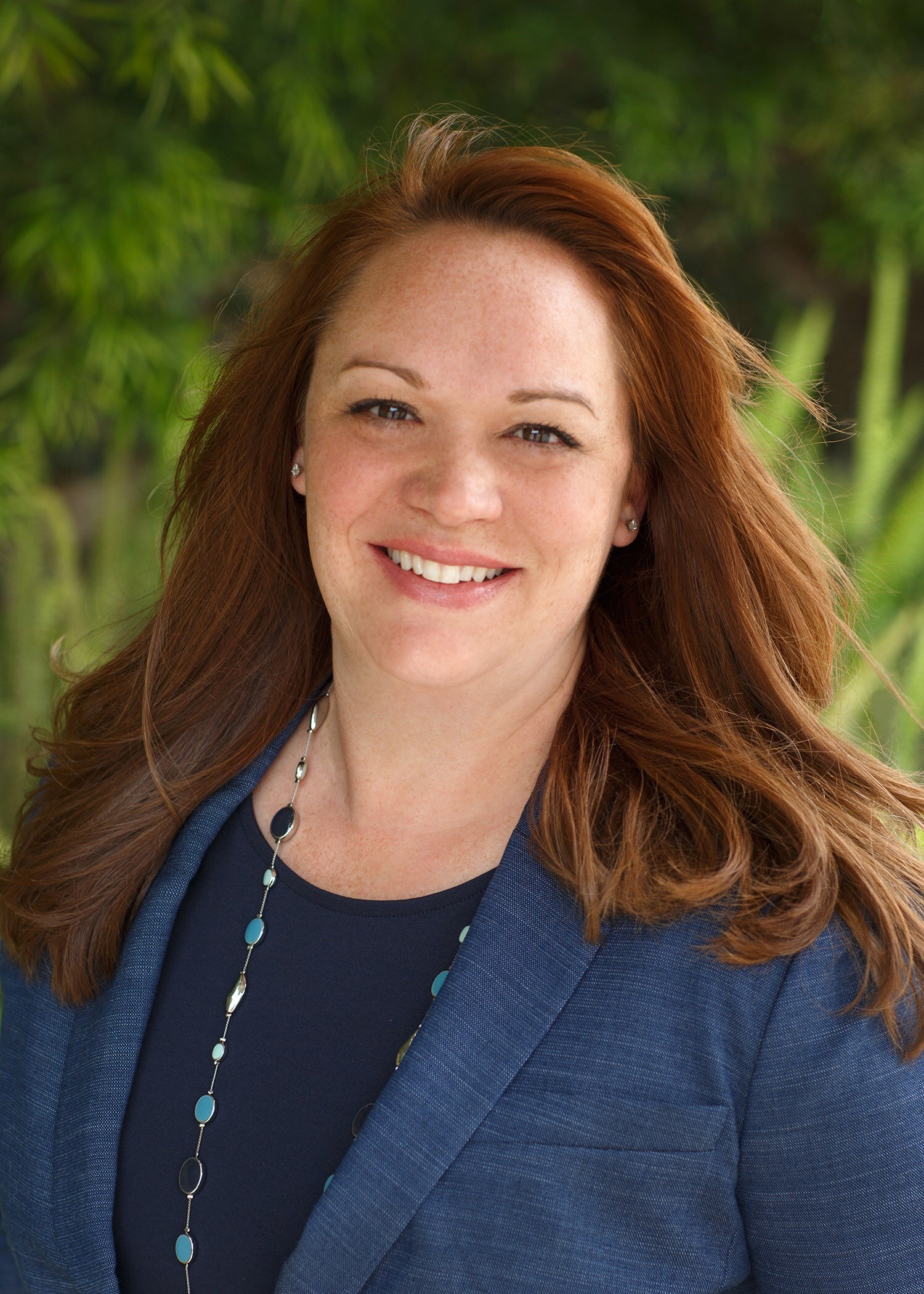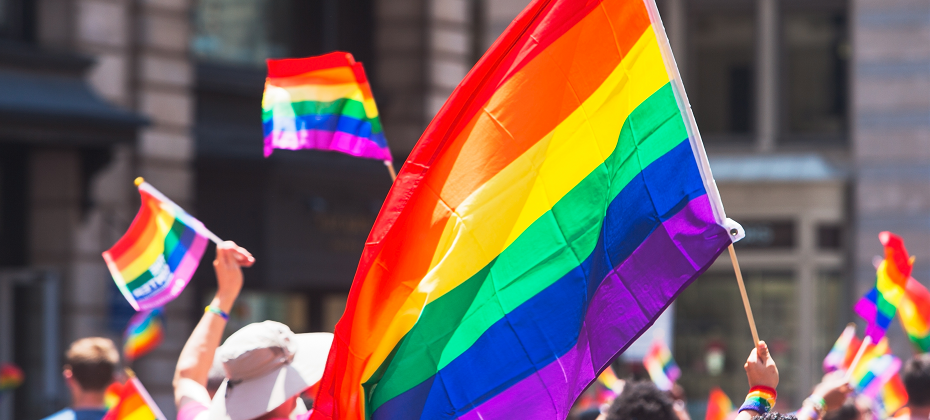 This article is by Michele Bodda, general manager of Experian Mortgage, and co-sponsor of Experian’s PRIDE employee resource group (ERG)
This article is by Michele Bodda, general manager of Experian Mortgage, and co-sponsor of Experian’s PRIDE employee resource group (ERG)
Like most of us in the LGBT+ community, my coming out story is more like an unfinished novel than a tightly worded chapter in a book once read and forgotten on a bookshelf. It unfolded over the years.
I wasn’t always confident enough to be fully out, but I never pretended to be something I wasn’t. For me, there wasn’t a day of reckoning or a loud declaration. I arrived at this point over the years, and there were two pivotal incidents that served as catalysts for me.
First, after working at Experian for several years, a male colleague stunned me when he said his feelings were hurt that I didn’t trust him enough to bring my whole self to work. I was dumbstruck by his frankness and desire to know the real me. And second, I realized I couldn’t ask my children to go through life with two moms confidently and comfortable if I wasn’t truly authentic in every aspect of my life as well.
For me, coming out happens again and again. I will always need the quiet confidence to say, “I’m a mom, a daughter, a friend. I’m an executive. And yes, I am gay.”
When Experian asked me to lead our company’s LGBT+ ERG, I took a moment of pause. Yes, this was a big decision, but ultimately, drawing on that confidence, it was an easy decision to make.
In light of the 30th anniversary of National Coming Out Day on Oct. 11, I want to assure people wondering if acknowledging diversity is significant, it is.
The difficulty some of our LGBT+ colleagues face making daily decisions about where they can be fully present aren’t merely insecurities. They are the realities of being LGBT+. No federal law exists protecting the rights of employees from discrimination based on sexual orientation or gender identity in the United States. In 28 U.S. states, employees aren’t afforded state-level protection for sexual orientation, meaning they can be fired for being lesbian, gay or bisexual, and it’s even worse for transgender members of the workforce.
The fear is real for many members of the LGBT+ community – but so is the motivation to seek change and create an inclusive workforce in America.
Just imagine working in America if everyone felt as safe as I do to bring their whole selves to work? The mental and emotional energy I expended hiding my whole self from my colleagues many years ago saddens me. Could I have bonded with others quicker, positively affecting team performance and achieving goals faster? Could I have helped someone else know it was OK to be fully themselves at Experian and watched them confidently come into work every day?
Today, I’m not raising my voice for myself. I’m raising it on behalf of talented LGBT+ employees across the country and to tell business leaders that the economic results they’ll receive by instilling and nurturing inclusion is worth it. According to research presented at Deloitte’s IMPACT 2017 conference, organizations with inclusive cultures are six times more likely to be innovative, six times more likely to anticipate change and respond effectively, and twice as likely to meet or exceed financial targets.
It’s the right thing to do. I feel fortunate to have spent the last 20 years at a company that is overt in saying it’s OK to be who you are: You are not only welcomed here, you belong here.
